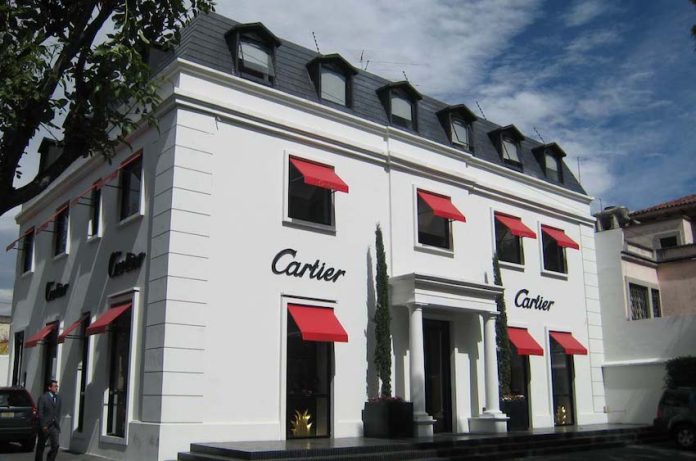In December last year, a young Mexican doctor was surfing the web when a pair of elegant rose gold and diamond earrings caught his eye.
His eyes widened further when he noticed the price of just 237 pesos (US $13). He ordered two pairs. A few weeks later, Rogelio Villarreal and the luxury jeweler Cartier were engaged in a legal tussle that has made it all the way into the pages of The New York Times.
Video y todo, hermoses pic.twitter.com/CG0ZAwd3u1
— dre pute (@LordeDandy) April 20, 2024
The problem? The earrings — described as slender studded 18-carat rose-gold cuffs lined with diamonds — were actually priced at 237,000 pesos (US $13,000).
After Villarreal placed his order, the folks at Cartier quickly sprang into action after realizing the error.
First, the price on the website was corrected and then Cartier contacted Villarreal asking him to cancel the order. Initially, the New York Times reported, the French luxury goods conglomerate claimed the earrings were no longer available.
When that did not dissuade Villarreal from insisting on the purchase, company representatives telephoned him in hopes of convincing him to accept complimentary gifts instead.
Villarreal held firm, investigated the terms of conditions on the Cartier website, then filed a complaint with Mexico’s Consumer Protection Agency (Profeco).
Profeco has a good reputation among Mexicans and a decent track record; in February, it filed a class-action lawsuit against Sony after the electronics company canceled orders of discounted Playstation 5 consoles. The agency moved to mediate the dispute over the earrings, inviting Cartier to arbitration.
In the meantime, Villarreal took the controversy public, sharing his experience on social media. Some applauded him for his tenacity, while others criticized him for trying to use Profeco for personal gain.
Among the latter was National Action Party (PAN) Senator Lily Téllez, a former journalist.
Téllez argued that even if the law is on your side, “it is wrong to take advantage of a mistake to the detriment of another person … to scam a company. It is more important to be honorable than to own Cartier earrings.”
When corporate attorney Jorge López Zozaya was asked about the case by the Times, he said “Mexican law does not extend protections to consumers if a listed price was clearly a mistake.”
Regardless, the matter appears to have been resolved. Neither Cartier nor Profeco confirmed an agreement had been reached, but Villarreal said on Monday that the jeweler informed him it would honor his purchase. He wrote “The war is over” in a social media post.
With reports from the New York Times, El País and Aristegui Noticias
